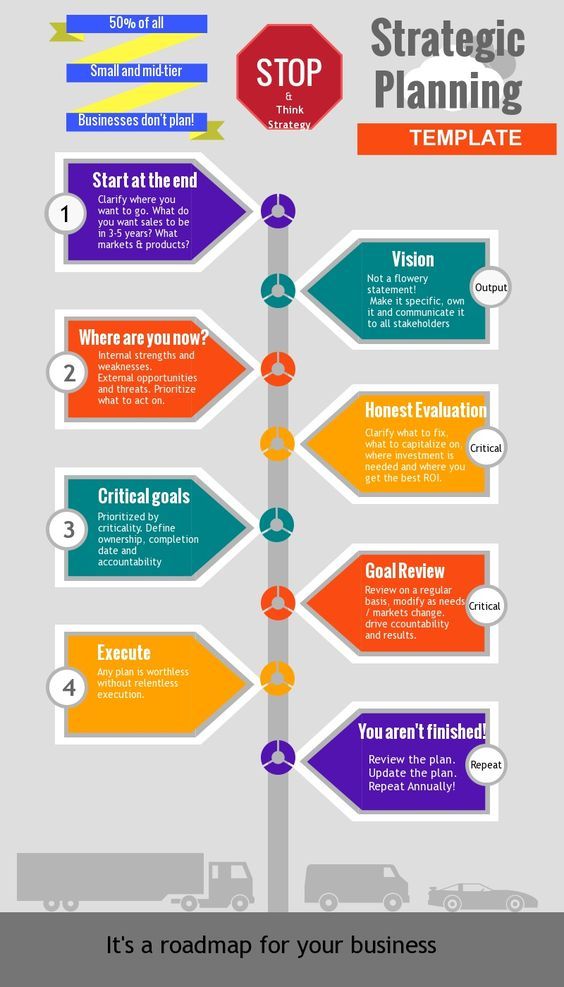As a business owner or a top-level executive, you might have heard the term ‘strategic thinking’ being thrown around in board meetings, annual reports or discussions about growth and expansion. But what exactly is strategic thinking and why is it so important in the world of business?
In simple terms, strategic thinking refers to the ability to analyze and evaluate a situation, consider various options and outcomes, and then come up with a plan of action that aligns with the long-term goals of the organization. It involves a combination of creative thinking, critical thinking, and practical decision-making skills that are essential for achieving success in a highly competitive marketplace.
So let’s dive deeper into the world of strategic thinking and explore its various aspects.
Strategic Thinking vs. Tactical Thinking: Understanding the Difference
Before we delve into strategic thinking, it’s important to understand the difference between strategic thinking and tactical thinking. While strategic thinking focuses on long-term goals and objectives, tactical thinking revolves around the short-term actions that are necessary for achieving those goals. Strategic thinking is about identifying the big picture and determining how to get there, while tactical thinking is about executing the smaller tasks that are required for achieving that vision.
The Benefits of Strategic Thinking in Business
Strategic thinking is critical for business success, and here are some reasons why:
– Helps to identify and capitalize on opportunities
– Promotes innovation and creativity
– Enables proactive decision-making
– Provides a framework for long-term planning and goal-setting
– Helps to mitigate risk and uncertainty
The Main Elements of Strategic Thinking
Strategic thinking involves several key elements:
– Analysis: Collecting and analyzing data to identify weaknesses and opportunities.
– Vision: Developing a clear and compelling vision of the organization’s long-term goals.
– Creativity: Fostering creative thinking and innovative solutions.
– Planning: Creating a comprehensive plan that maps out how to achieve the organization’s goals.
– Prioritization: Prioritizing tasks and objectives based on their level of importance.
– Flexibility: Adjusting strategies as needed to respond to changing circumstances.
– Execution: Implementing the plan and tracking progress towards the organization’s goals.
How to Foster Strategic Thinking in Your Organization
Here are some tips for fostering strategic thinking within your organization:
– Encourage creative thinking and innovation.
– Foster a culture of continuous learning and development.
– Provide opportunities for employees to engage in strategic planning.
– Create a shared vision and mission that everyone can rally behind.
– Empower employees to take ownership of their work and make decisions.
– Celebrate successes and learn from failures.
Common Examples of Strategic Thinking in Business
Strategic thinking is applied in various aspects of business, including:
– Product development: Identifying market trends, developing new products and services, and adapting to changing customer needs.
– Marketing: Crafting a marketing plan that aligns with the organization’s long-term goals and identifies key target audiences.
– Resource allocation: Managing resources effectively to ensure optimal utilization and maximum return on investment.
– Expansion and growth: Identifying new markets, exploring acquisition opportunities, and developing partnerships to expand the business.
– Risk management: Mitigating risks associated with changing market conditions, cybersecurity threats, and other potential challenges.
Tools and Techniques for Strategic Thinking
There are several tools and techniques that can be used to facilitate strategic thinking, including:
– SWOT analysis: Identifying a company’s strengths, weaknesses, opportunities, and threats.
– PEST analysis: Analyzing the political, economic, social, and technological factors that impact the business.
– Scenario planning: Creating hypothetical situations to evaluate potential business outcomes.
– Visioning: Imagining what the organization could look like in the future and working to make that a reality.
– Brainstorming: Encouraging creative thinking by generating a wide range of ideas and solutions.
You might find these FREE courses useful
- Strategic Management Certificate | IIM Kozhikode | Coursera
- Strategic Management – Capstone Project
- Entrepreneurial Strategic Management
- Strategic management: Be competitive
Conclusion: The Importance of Strategic Thinking in Business
In today’s fast-paced and ever-changing business environment, strategic thinking is more important than ever. By enabling organizations to adapt to changing circumstances, identify opportunities, and achieve long-term success, strategic thinking plays a critical role in driving business success. By fostering a culture of strategic thinking within your organization, you can create a competitive advantage that sets you apart from your competitors and positions your business for long-term growth and success.
Incorporating these practices with a dynamic approach and being able to consistently and continually adapt the business strategies is a key element in developing and strengthening strategic thinking in business processes.
